West Virginia Homebuyer Tax Credit First-Time Homebuyer Assistance Programs
West Virginia Homebuyer Tax Credit: A First-Time Buyer’s Guide to Big Savings
Buying your first home in the Mountain State just became a lot more affordable. Thanks to the West Virginia Homebuyer Tax Credit, qualified buyers can turn a chunk of their yearly mortgage interest into a dollar-for-dollar break on their federal taxes. Think of it as a financial pit crew that tunes up your budget every April while you settle into your new address. Below, you’ll learn exactly how the program works, how much you could save, and the step-by-step path to claiming this under-the-radar perk.
What Is the West Virginia Homebuyer Tax Credit?
The credit—technically issued as a Mortgage Credit Certificate (MCC) by the West Virginia Housing Development Fund—lets first-time buyers convert up to 40 % of their annual mortgage interest (capped at $2,000 per year) into a federal tax credit. Unlike a deduction, which merely lowers taxable income, a credit reduces your tax bill dollar for dollar. In practical terms, that could free up enough cash each year for home improvements, an emergency fund, or even an extra mortgage payment.
The program aligns with Section 25 of the IRS code and has been renewed locally since 2010. According to WVHDF data, more than 4,000 households have taken advantage of the credit, collectively saving over $16 million in taxes—money that stays in West Virginia’s economy rather than disappearing into Washington’s coffers.
How Much Can You Really Save?
The average first-time mortgage in the state is roughly $180,000 at a 6 % interest rate, translating to about $10,800 in interest the first year. With a 40 % MCC rate:
- Interest paid: $10,800
- Credit rate: 40 %
- Potential credit: $4,320
- IRS cap: $2,000
- Annual tax savings: $2,000
Even though the math says $4,320, the IRS cap stops you at $2,000. Yet over the life of a 30-year loan, that’s up to $60,000 in cumulative tax relief—enough to fund a college degree or twice renovate your kitchen.
One hidden bonus: the interest that isn’t used for the credit can still be claimed as a deduction. You’re effectively double-dipping on savings, a rare treat in the tax world.
Who Qualifies for the Credit?
The West Virginia Homebuyer Tax Credit isn’t a one-size-fits-all perk; you must meet specific rules set by both federal and state agencies.
General Eligibility
- First-Time Buyer: You cannot have owned a principal residence in the last three years—unless you buy in a “targeted” county.
- Principal Residence: The home must be owner-occupied within 60 days of closing.
- Loan Type: Works with conventional, FHA, VA, and USDA loans. Refinances don’t qualify.
- Program Fees: A one-time MCC issuance fee (typically 1 % of the loan amount, max $2,000) plus a small $200 administration fee.
Income & Purchase Price Limits (2024)
Limits vary by county and household size. For most non-targeted counties, the ceiling hovers around $99,000 for a family of three or more and purchase prices under $381,308. Targeted counties enjoy higher caps to spur revitalization efforts. Always confirm the latest numbers with WVHDF or a participating lender.
Step-by-Step: How to Claim the West Virginia Homebuyer Tax Credit
- Choose a Participating Lender. Not every bank offers MCCs. Ask up front.
- Apply for Pre-Approval. The MCC paperwork usually piggybacks on your loan application.
- Complete the MCC Form. Your lender submits it to WVHDF before closing.
- Close on Your Home. The MCC is issued at settlement—no second appointment needed.
- File IRS Form 8396. Each tax year you claim the credit, attach this form to your 1040.
- Hold On to the Certificate. You’ll need the MCC for up to 30 years or until the loan is paid off, sold, or refinanced.
How Does a Mortgage Credit Certificate Work?
A mortgage credit certificate splits your interest into two buckets: “creditable” interest (up to the annual cap) and “deductible” interest. Each January, your lender issues a Form 1098 stating how much interest you paid. You then run a quick calculation on IRS Form 8396:
MCC Rate × Total Interest = Potential Credit (capped at $2,000)
The final number reduces your tax liability. If the credit exceeds taxes owed, the unused portion can’t be refunded or carried forward, so aim to adjust your withholding during the year. Smart borrowers file a new W-4 with their employer, increasing take-home pay rather than waiting for a bigger refund.
Can You Combine the West Virginia Homebuyer Tax Credit with Other Assistance?
Absolutely. The MCC pairs well with WVHDF’s down-payment loans, USDA 100 % financing, and even local grant programs like the Charleston HOME Initiative. Stacking incentives is legal and common, but lenders will scrutinize debt-to-income ratios and layered subsidies. Pro tip: Let each provider know about the other benefits to avoid compliance snags.
A Micro-Story from Morgantown
Jordan, a 28-year-old ICU nurse, initially abandoned the idea of buying because rent was “cheaper on paper.” After discovering the West Virginia Homebuyer Tax Credit, she calculated that the $167 monthly tax break offset the bump in her mortgage payment compared to rent. Six months later, she’s building equity, storing kayaks in her own garage, and using the extra cash to pay down student loans—proof that numbers on a spreadsheet can translate into life upgrades.
Pros and Potential Drawbacks
| Pros | Cons |
|---|---|
| Up to $2,000 annual tax credit—dollar for dollar savings. | Recapture tax possible if you sell within 9 years and meet specific gains. |
| Can be combined with federal deductions and local grants. | One-time issuance fee increases closing costs. |
| Portable if you refinance through a reissuance process. | Paperwork adds a layer of complexity at tax time. |
FAQs About the West Virginia Homebuyer Tax Credit
Is the credit refundable?
No. The credit can reduce your tax bill to zero but won’t generate a refund beyond taxes owed.
Do I have to pay it back?
Only if you sell within nine years, earn a profit, and your income rises above IRS thresholds. Even then, the recapture tax is capped and often waived.
Can I use the MCC on a duplex?
Yes, if the property is 1–4 units and you occupy one unit as your primary residence.
What happens if I refinance?
You must apply for a reissued MCC within 12 months; otherwise, you lose the benefit.
Is there a credit for repeat buyers?
Only in targeted counties—Cabell, Hancock, Kanawha, and others—where the first-time rule is waived to boost local markets.
Ready to Unlock Your Tax Savings?
The West Virginia Homebuyer Tax Credit can turn the dream of homeownership into a financially savvy reality. Our team at MountainView Lending specializes in pairing buyers with the right mortgage and the right incentives. Contact us today for a free, five-minute eligibility review, and walk into closing already knowing how much you’ll save next April.
Suggested URL slug: /blog/west-virginia-homebuyer-tax-credit-guide
Explore More Blog Posts
Checkout more similar posts those will help you to choose better property.

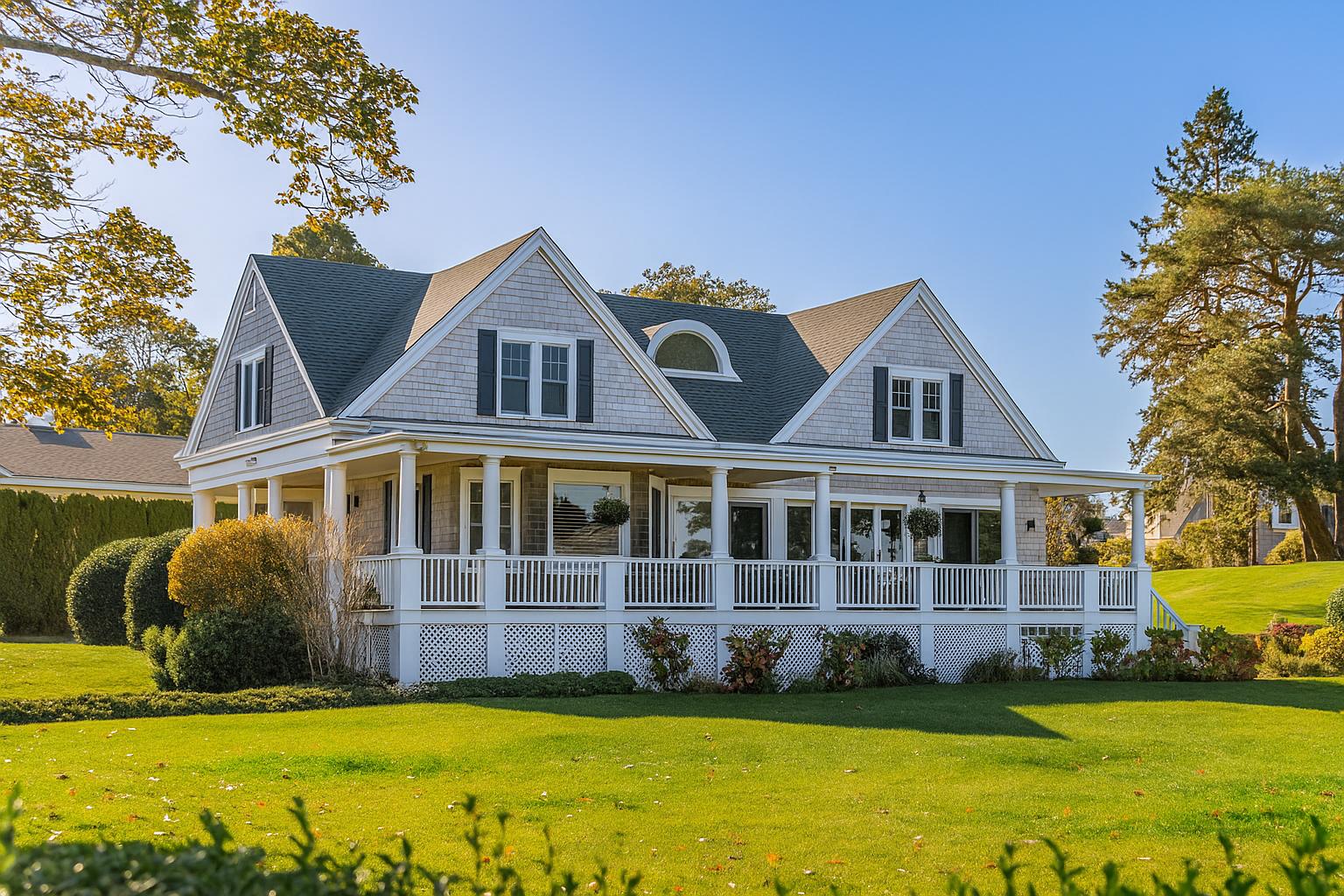
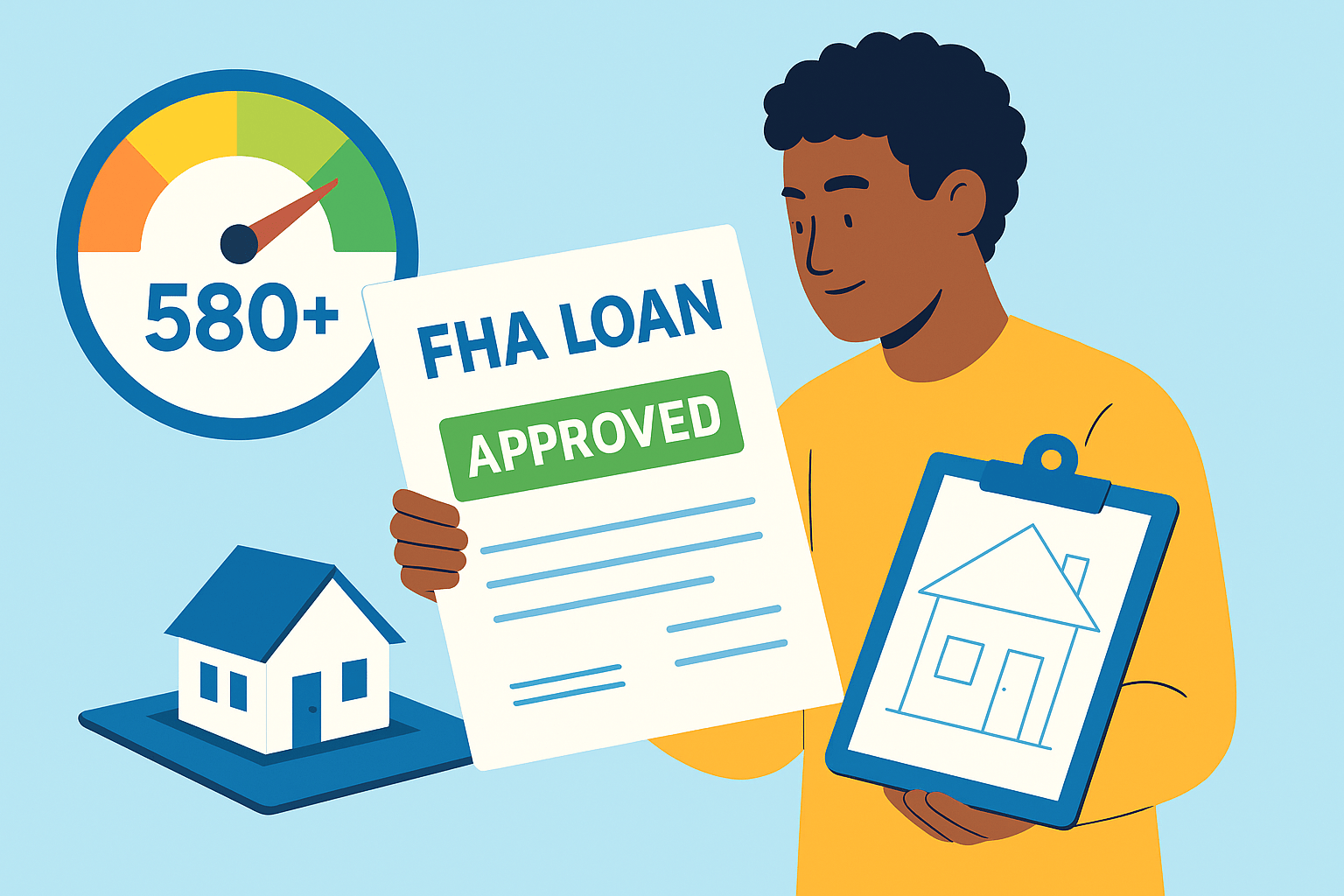
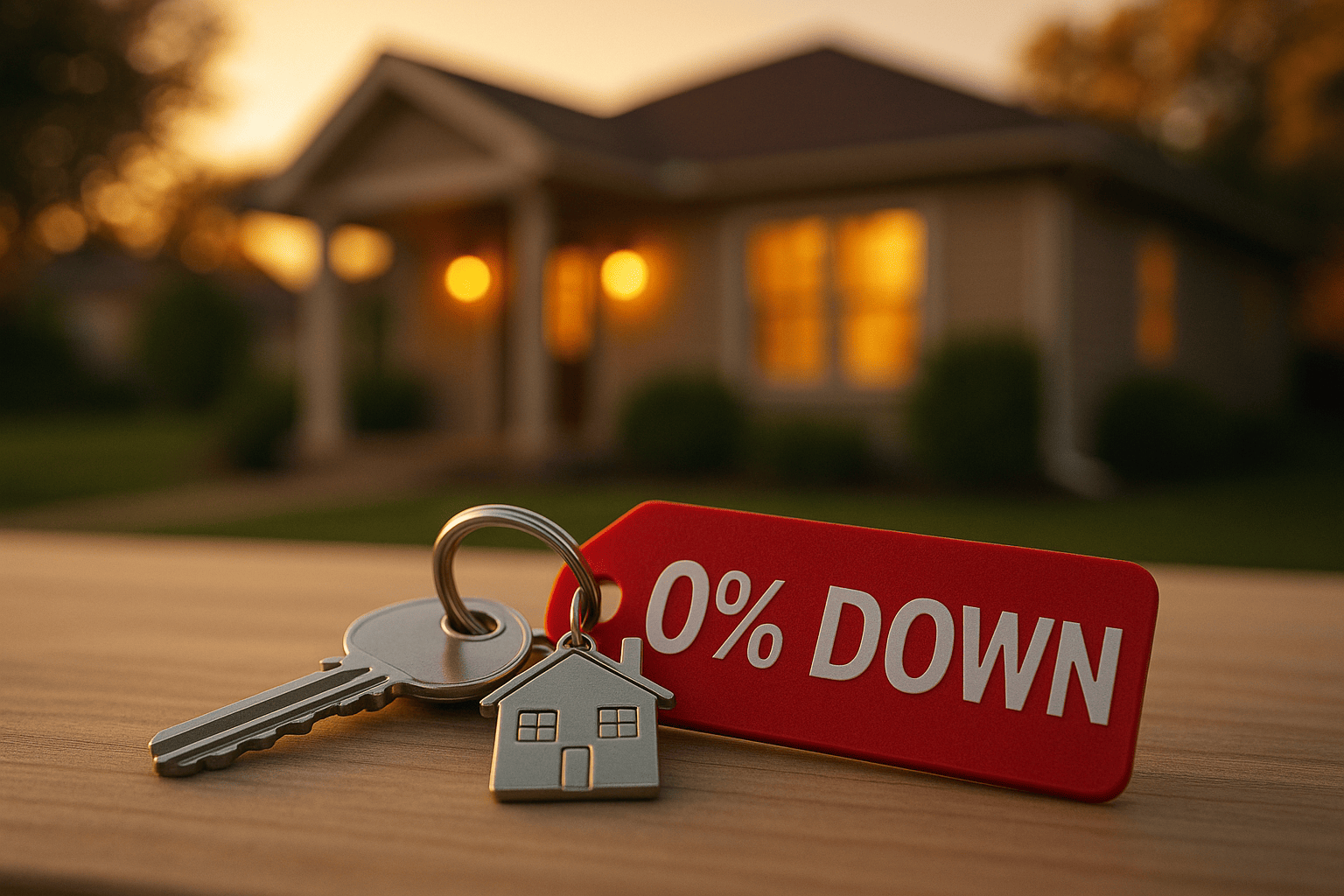




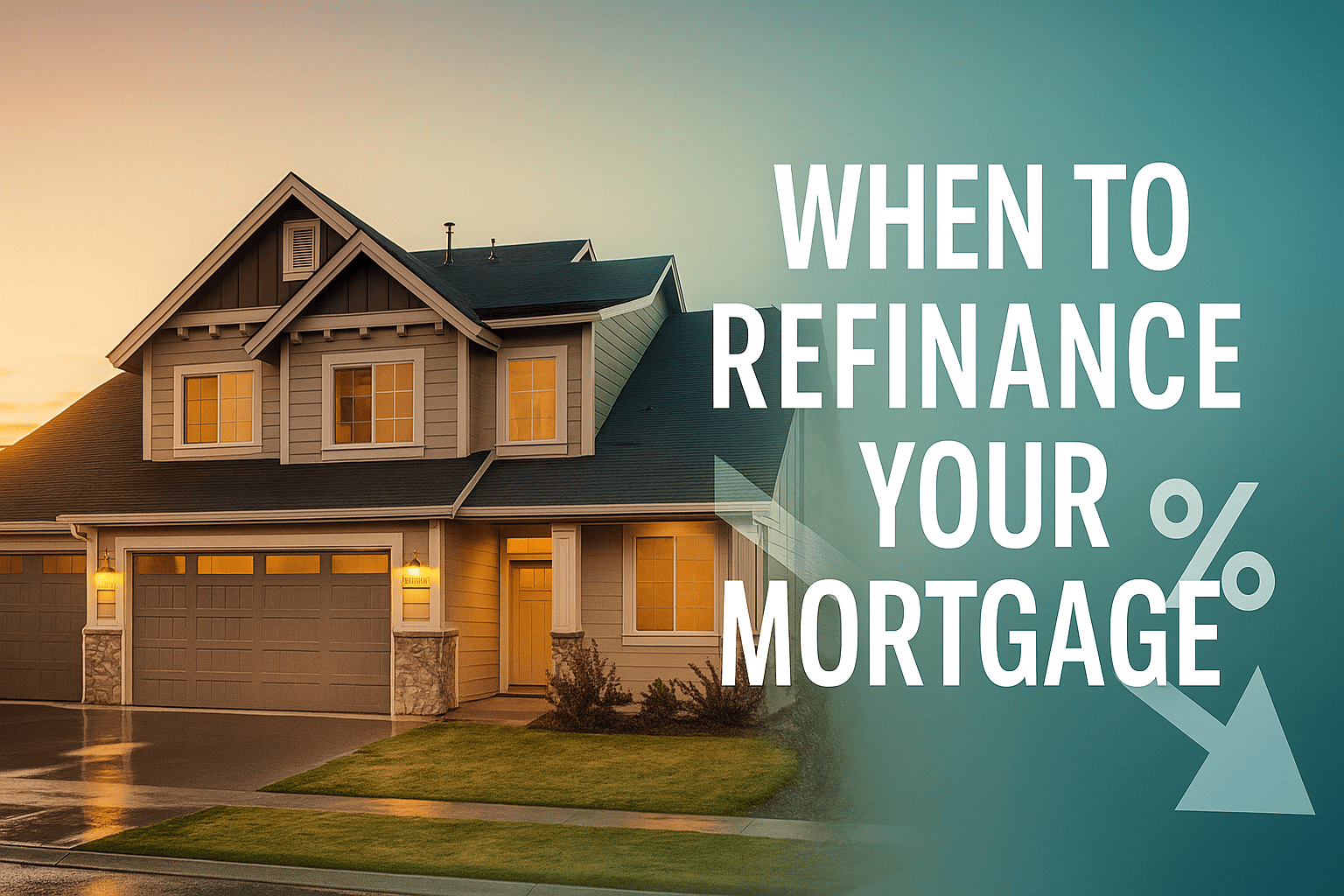
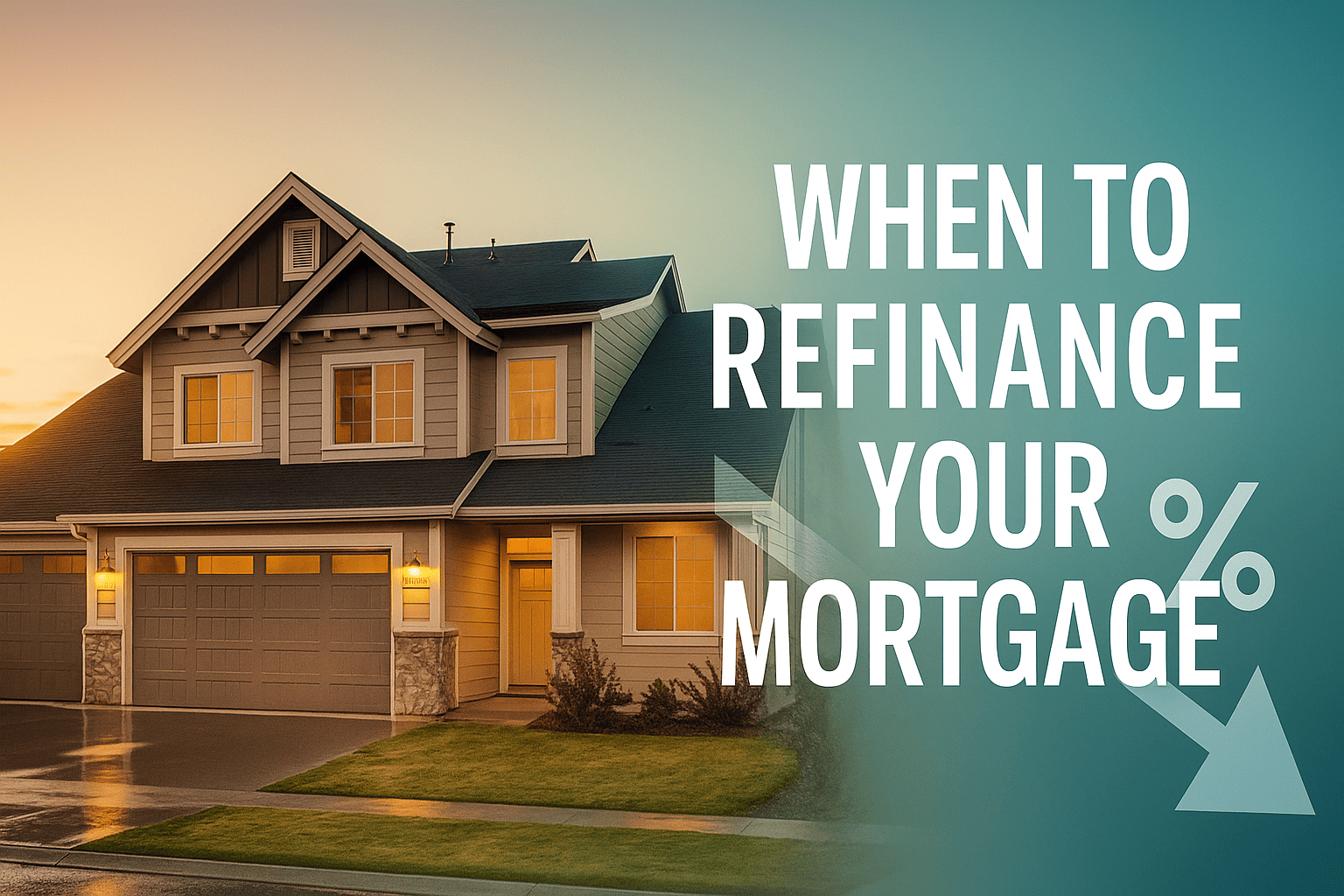


 Profile
Profile Password
Password Saved Properties
Saved Properties Sign Out
Sign Out
 +0.01
+0.01
 -0.15
-0.15

